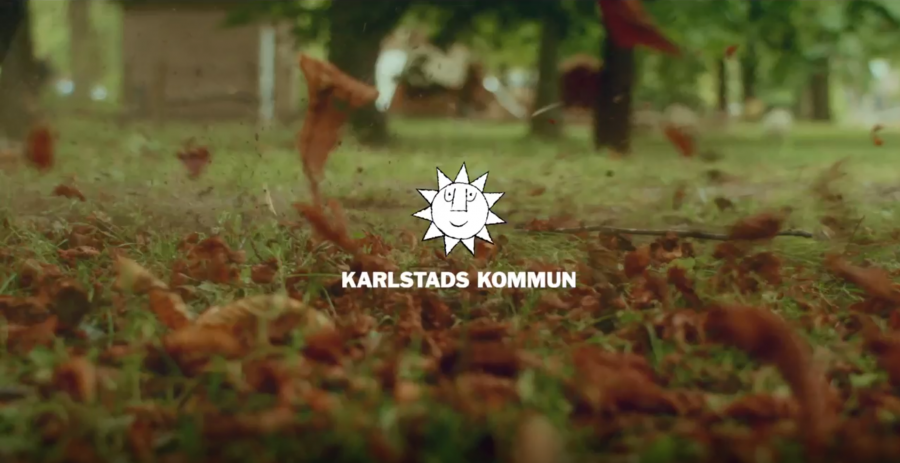The world’s leading authorities on plant health and biosecurity have come together for the world’s first ever International Plant Health Conference (IPHC), co-organised by the Food and Agriculture Organization (FAO) of the United Nations, the Secretariat of the International Plant Protection Convention (IPPC) and Defra.
More than 500 policymakers, academics and experts from over 74 countries have convened at the Queen Elizabeth II Conference Centre in London to address current and future plant health challenges, including the impacts of climate change, food security, environmental protection, facilitating safe trade, and new pest and disease pathways, such as e-commerce.
Delegates are sharing knowledge and discussing global scientific, technical and regulatory issues, alongside actions to tackle these existential threats to our society, economy and environment.

Photo: Forestry Commission
The Food and Agriculture Organization (FAO) of the United Nations estimates that each year up to 40 percent of global crop production is lost to plant diseases, costing the agricultural trade over USD 220 billion, whilst invasive insects cause losses of at least USD 70 billion. The risks to food security, international trade, biodiversity and our precious natural environment as a result of current and future outbreaks are all too real. Strengthening global standards of biosecurity, applying the IPPC and international plant health standards, as well as fostering greater international collaboration and raising public awareness and engagement with these challenges will be paramount to safeguard the global economy and environment for generations to come.
Nicola Spence, United Kingdom Chief Plant Health Officer, said: “Plant health and biosecurity are fundamental to life on Earth. Plants provide 80 percent of the food we eat and 98 percent of the oxygen we breathe. In a changing climate, ensuring their continued health and vitality will be critical to safeguarding food security, safe international trade and a thriving natural environment for future generations.
“The United Kingdom upholds amongst the highest standards of biosecurity in Europe but there is much more to do to secure our future resilience - here and around the world. I look forward to coming together with international experts from a range of disciplines to discuss how to tackle the varied and mounting challenges facing our precious plant life.”
This week, plenary sessions are exploring a range of scientific, regulatory and technical issues, including:
- Regional perspectives on tackling ongoing pest and disease outbreaks, including Xylella fastidiosa, fall armyworm and coconut rhinoceros beetle.
- How to increase the use of electronic phytosanitary certificates to make trade safer, faster and cheaper.
- The development and adoption of early warning systems for pests and diseases to increase vigilance and preparedness for future outbreaks.
Moreover, the IPHC aims to promote positive behavioural change through greater public engagement with biosecurity issues. For example, the importance of not bringing home plants, trees, fruit and seeds from overseas, as doing so could inadvertently cause pests, diseases and invasive species to be introduced or to spread in new areas. This aligns with the United Kingdom Government’s long-running ‘Don’t Risk It!’ campaign, which featured on the Animal and Plant Health Agency’s Gold Medal-winning stand at the RHS Chelsea Flower Show 2022.
Protecting plant health is critical in achieving the United Nations Sustainable Development Goals (SDGs). Healthy plants contribute to achieving food security for all (SDG 2 Zero Hunger) and promotes responsible food consumption and production (SDG 12). Protecting plants helps protect biodiversity and the environment from the impact of plant pests (SDG 13 and 15), and facilitates safe trade, in turn providing decent work and boosting economic growth (SDG 8). The International Plant Health Conference supports the delivery of the IPPC Strategic Framework 2020-2030.
For more information, visit the International Plant Health Conference website.







